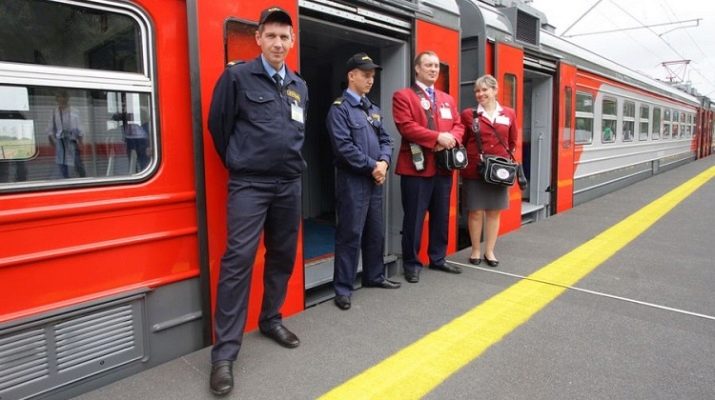All about railway professions

Knowing everything about the railway profession is useful for general development, but it is even more important for those who wish to engage in such an activity. It's time to get acquainted with the overview of railway workers on Russian Railways, with the specifics of trains on the railway and with a description of other professions related to the railway. These professions are divided into railway, station and track, and each case has its own characteristics.
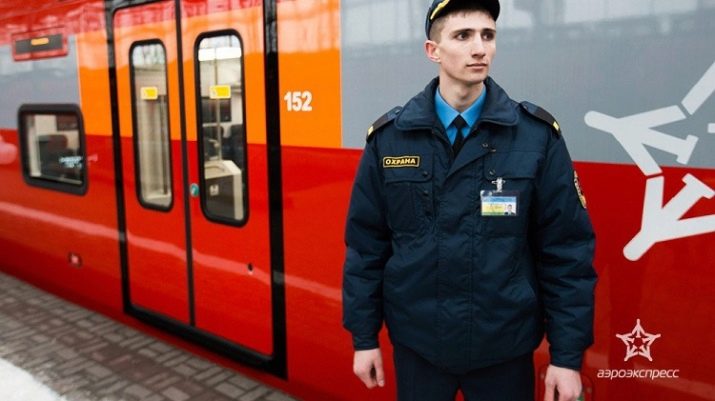
Overview of station specialties
Railway specialists work in large numbers at passenger stations. The most important among them is the station dispatcher. None of the passengers can see it - but thanks to the work of dispatchers, it is possible to synchronize watches according to the rhythm of train movement. It is not enough to draw up a schedule - you also need to constantly monitor how it is compiled, and with a second accuracy. Yes, dispatchers control at what moment it will be possible to see an arriving train from the platform, when it will have to completely freeze on the rails, and at what moment - to be ready to start moving.
Railway workers at the station may have a number of other specializations. So, there is also the main road energy dispatcher, who monitors the supply of all trunk sections at the station, and the power supply of other auxiliary facilities. It is also worth considering that the station's information service has its own leaders who coordinate information work. Additionally worth mentioning:
- head of baggage handling department;
- chief station manager;
- head of the accounting and reporting group for ticket sales;
- cashiers;
- security guards.
Luggage delivery forwarder stands apart.It should not be confused with a porter - this specialist coordinates the movement of those things that are put in the baggage cars. Delivery of such items is often practiced without passengers. And therefore, a special employee is needed to transport all property safe and sound over a long distance.
You have to keep track of your luggage constantly, because the number of people who want to take possession of it is large, and there are many accidents.
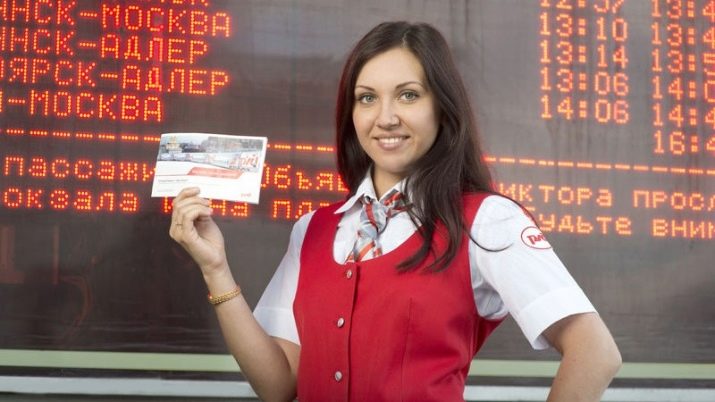
Station professions
But the activities of Russian Railways are not limited to the work of passenger stations. Both at them and at the freight stations, a train compiler must be present. This specialist forms and disbands the squads. Its most important function is not only to maintain rhythmic movement, but also to ensure safety. After all, creating a passenger train that is too long or joining wagons with unsuitable cargo can create serious risks.
Trainers not only supervise shunting operations, but sometimes perform them directly. Among them there is a clear gradation by category. So, having a 3 or 4 category, you cannot work on main railway tracks; admission is given only to the compilers of the 5th, and sometimes 6th category. Main responsibilities:
- giving orders for the movement of shunting locomotives;
- coupling-uncoupling of rolling stock;
- fastening of the stopped transport;
- work with brake hoses;
- switching arrows that are not centrally controlled;
- coordination of shunting work with members of shunting brigades.
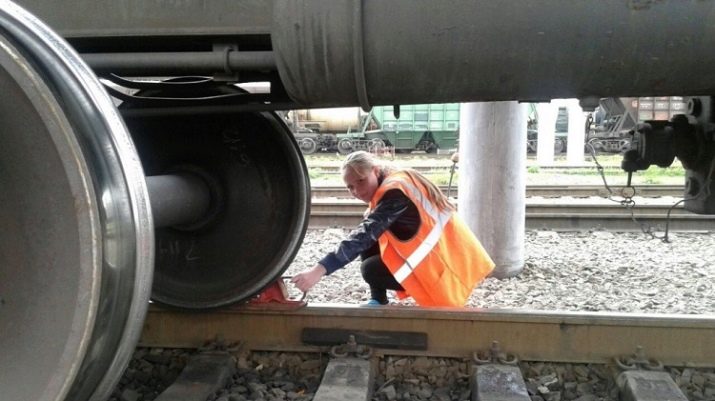
Train builders are subject to:
- the station attendant;
- dispatchers to maneuvers;
- on duty in the park or on the hill.
The station attendant is the only railroad employee who has the right to adjust train schedules and the procedure for shunting work. Even the chiefs of the roads almost always approve these decisions; however, they do not concern them either. It depends on the person on duty when the train leaves, how long it will stand, and whether it will be received at a particular station. And it is to this employee that all kinds of repair, construction, recovery trains, communication and data exchange systems are also subordinate; the driver and head of the train are also subordinate to him during the movement on a certain section.
The shunting dispatcher is another very important person in the transportation industry. It is he who distributes which shunting brigade will go to this or that section of the path. Train compilers are subordinate to the shunting dispatcher or are in constant close contact with him.
But from here comes a great responsibility. It is the maneuver dispatcher who will be presented with claims first of all if the cars are not removed on time from a certain section, or placed where they should not be, or are not delivered in time for the formation of the train.
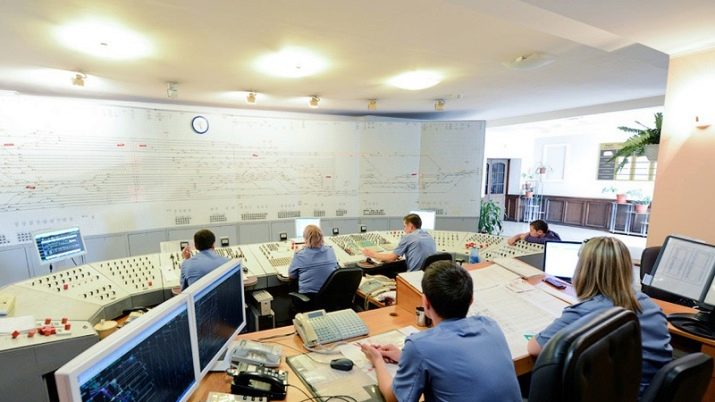
Description of travel specialties
Foremen and linemen also work on the railway. It is they who monitor the serviceability of the rolling stock, monitor its technical condition and ensure that the rails and sleepers themselves work flawlessly. If the train arrives exactly on schedule, then this is the merit not only of drivers, dispatchers, but also of such traveling personnel. An electrician is responsible for the power supply. This specialist makes sure that the following are functioning properly:
- main high voltage lines;
- mechanized shooters;
- hitchhiking systems;
- semaphores.
It is electricians and other similar employees who are at the most risky work with very high responsibility. Other electrical specialists are signaling, interlocking and interlocking electromechanics. Their activities are not so dangerous, but still very responsible. There are so-called carriages on the railway. This is the common name for those railway workers who "knock on the wheels."Not only, however, knocking - they generally assess the condition of the cars, and noticing any malfunction or deviation from the norm, they transfer the task to the repair service.
Directly connected with the movement, of course, the driver. Responsibility and scrupulousness in its work is such that it will take a long time to expect the displacement of living people by robots and other automation. It is the position of a machinist that is most prestigious in comparison with other specializations on the railway.
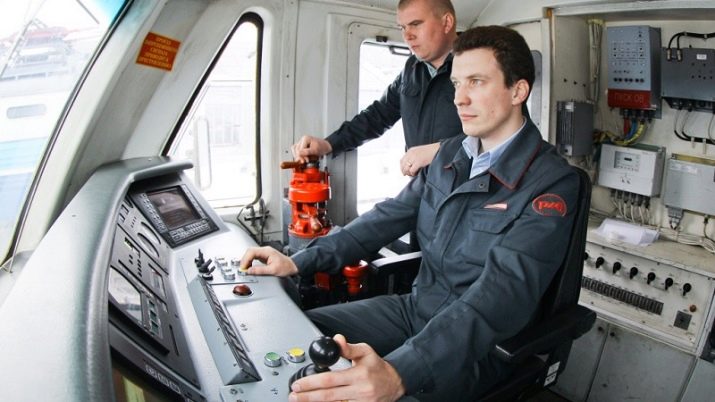
It should be noted that a machinist - only a male profession; a change in legislation on this part can occur only in 2021, and taking into account the requirements for experience and training, the real situation will change no earlier than 2025.
Only those who have previously studied the profession for at least a year and have worked as an assistant driver for at least 3 years can become a machinist. Deputy train drivers are their faithful assistants. It is also worth noting the position of the head of the train. The opinion of many passengers that he works solely to resolve conflicts on a passenger train is incorrect. It is the chief who controls the entire process of movement, gives orders to all railway workers who are on the train; preparation of each separate compartment for the voyage, keeping it in exemplary order, also depends on it.
The position of a train chief is complex and responsible; but it is almost never empty. But most often the position of a conductor is associated with travel by rail. It is she who is fanned by romance. True, one must understand that the conductor is a responsible person, and not only financially. It is by his or her work that many people judge railway communications in general, because they almost never see the drivers or other employees.
There is one more typical travel profession - signaling. They make sure that the movement of trains is as correct and clear as possible. If necessary, they signal the drivers what to do, where to brake, and where to speed up (hence the name). Signalists place all the necessary signs and other conventional warning signs. And they also make sure that the tracks are in good condition; in case of any malfunction or deviation from the norm, they immediately raise the alarm.
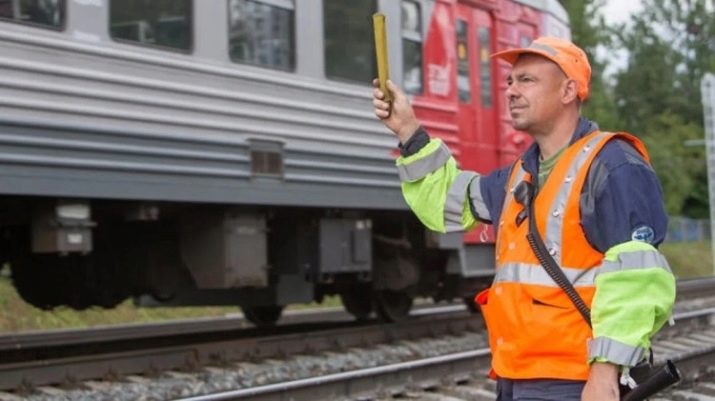
The distribution of responsibilities between specific performers is the function of the contractor. This position implies secondary vocational education. In addition, you will have to study job descriptions and the main points in the work of other railway workers, the basic requirements of various safety regulations. Attendants determine when the teams work, when to rest, whom to send to what position. Such work can only be performed by responsible and disciplined people who are also ready to draw up reports of the established form, to standardize the working hours of other specialists.
Maintenance Engineer:
- personally inspects tracks, transfers and slopes on schedule, looks for faults in them;
- if necessary, uses manual track measuring devices;
- marks sleepers and rails that need to be replaced;
- prepares reports on all discovered deficiencies;
- prepares financial plans and schedules the use of tracks and equipment used.
Auditors are not limited to looking for stowaways. They also keep track of how the rolling stock is used. For a conscientious passenger, an auditor is even useful. It is he who controls the implementation of the passenger service standards by the road personnel.
Such a position is expected to be sociable, disciplined and strictly principled people who know how to tactfully get out of a difficult situation.
